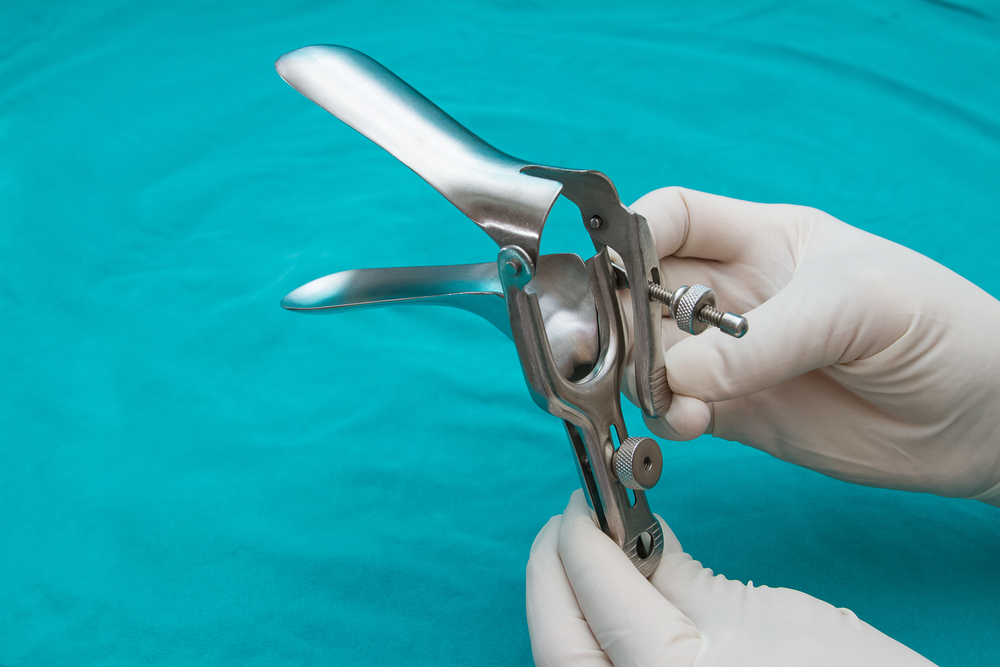Safety tips for a high-risk pregnancy
Published on 02/16/22
No woman wants to be told her pregnancy is high-risk but complications can occur. There’s always a chance for some hiccups along the way. Your pregnancy might be high risk because of your age, weight, overall health, or family history. Whatever the reason, you can still have a relaxed, safe pregnancy.
At Rosh Maternal & Fetal Medicine located in Manhattan, New York, our compassionate OB/GYN specialists are here for you every step of the way. We can monitor your pregnancy and the health of you and your baby from day one and take any steps needed to protect you both.
High-risk pregnancy signs and safety tips
You may already have specific instructions about your risks, but if you’ve simply been classed as “high-risk” due to general factors, you can be proactive about your and your baby’s health. Knowing how to recognize dangerous conditions and when to call your doctor for testing can help you and your baby stay safe.
Tell us about hyperemesis gravidarum (extreme morning sickness)
If your morning sickness goes beyond mild nausea and the occasional bout of vomiting, you are at risk for becoming dehydrated from hyperemesis gravidarum. Let your medical team know if you can’t keep food and water down. You might need specialized care for your nutrition and hydration needs.
Be aware of anemia symptoms
If you are anemic, your baby could be as well. Extreme fatigue, dizziness, insomnia, leg cramps, and shortness of breath can all be signs of anemia. Our team can test you and your baby and provide treatment if this happens, including in-utero transfusions.
Take someone with you to ultrasound appointments
At Rosh Maternal & Fetal Medicine, we provide multiple ultrasounds to protect you and your baby during a high-risk pregnancy. If we see something concerning on an ultrasound, we can perform an amniocentesis (sample the fluid around the baby in the womb) to confirm any conditions. Having someone with you makes sure you have a safe ride home if you are upset or frightened by an ultrasound result.
Ask your family about medical history
If a disease like sickle cell or muscular dystrophy runs in your or our partner’s family and you want to know in advance if your baby might be affected, we can perform a test of the placenta known as chorionic villus sampling.
Know the signs of premature labor
If you start to go into labor too early, you may have cramping in your lower abdomen or your lower back as well as the spotting of blood. We can help you stop labor with specialized medication, perform a cervical cerclage to close your cervix, and put you on bed rest to keep your baby in place as long as possible for further development.
Thousands of women navigate high-risk pregnancies every year and deliver healthy babies. Our team is committed to keeping you and your baby healthy and strong. If you have been told your pregnancy is high risk and want specialized care, call one of our six convenient locations or schedule a video consultation online today.




